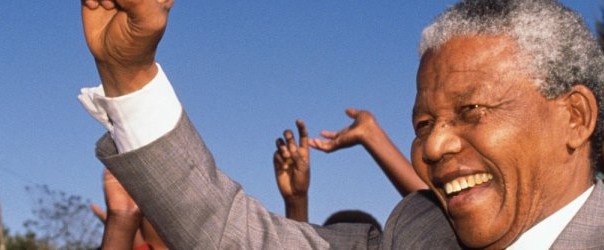By Rev. Kelvin Sauls, Holman United Methodist Church
As we continue to lift up Nelson Mandela, his family, and South Africa in prayer during this time of challenge, I cannot help but reflect on his impact on my life, and undoubtedly the lives of many around the world. Growing up in South Africa, Nelson Mandela was a mystery man to many of us. The apartheid government did all in its assumed power to either erase him from, and/or re-interpret him in the second-hand pedagogical discourse we had access to. Moreover, the government took an extreme revisionist disposition towards the movement for freedom and dignity for all South Africans. However, for many of us, there was education in the classrooms, and education in the room called life. Education for us in the room called life was characterized by discrimination and dehumanization, and enforced by oppression and marginalization. The education in the room called life had us going from the shacks we lived and worshiped in, to the backyards we laughed, cried and sought safety in, to the dusty streets and soccer fields we played on.
Through banned books, outlawed curriculum and whispering voices, Nelson Mandela transitioned from a mystery man to a man on a mission – a mission that was informed by a movement to restore dignity and equality to everyone, and Ubuntu in all the land. His mission was informed and shaped by both his cultural and religious roots. Before he was an activist or a freedom fighter, prisoner of hope, and President, Nelson Rolihlahla Mandela was a Methodist. Born in the small village of Mvezo, in the district of Umtata in Transkei, South Africa, his father named him Rolihlahla, which means “pulling the branch of the tree,” or more colloquially “troublemaker.” Mandela’s mother was a Methodist, and Mandela followed in her footsteps, attending a Methodist missionary school, where he was known by the name Nelson on his first day at school.

